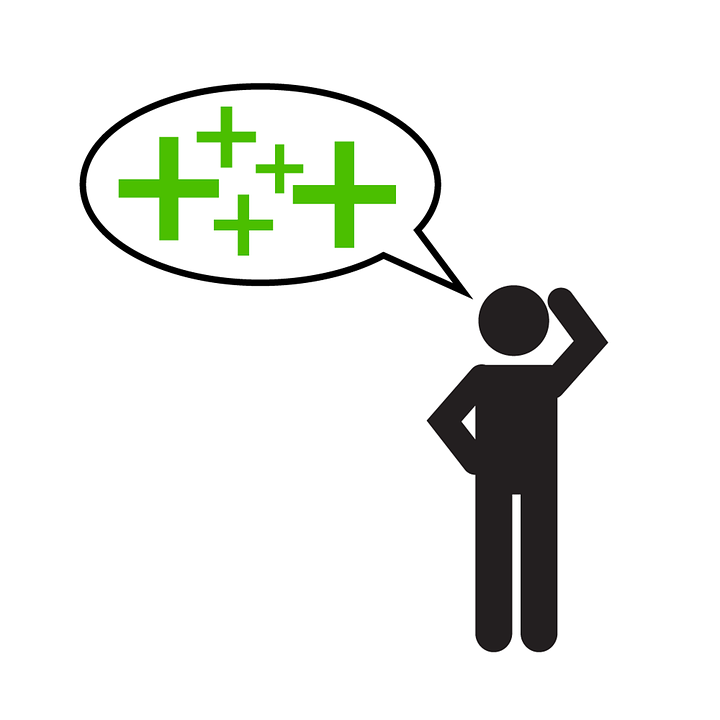How To Deal With Criticism?

Many people say that accepting criticism is what you have to do at any stage of your life, no matter what kind of work you do. But in fact, it’s much more important to, first of all, learn how to protect yourself from unsolicited criticism. Criticism may paralyze your creativity and seriously disrupt your efforts, no matter what you do – working on a creative project or do some important paper writing. Make sure you avoid this by building your personal shield.
Check for Sabotage
Even when we were kids they taught us to see our mistakes and be embarrassed by them – it’s just one of the aspects of young kids’ education. And while it’s not totally wrong, stricter methods of controlling mistakes and punishments for committing them makes people turn into the most severe judges. No, it’s not totally bad to be a judge of your own mistakes. But it’s very bad not to be your own defender at the same time.
One of the bigger issues we face quite often in our lives when we get some outside criticism is that we just can’t stop agreeing with it. At moments like these, that severe judge living inside you will repeat the critique you hear word for word, or even add some of his own. Does your professor say that your custom essay writing is inadequate? You should totally punish yourself for that by not going out for two upcoming weeks.
Trying to protect you from committing more mistakes, this inner judge will also keep you away from a thorny way leading to numerous discoveries, explorations, and victories. He will make sure you stay in a protected sterile bubble of smaller steps without letting you leave your comfort zone.
But there must be two sides to any judgment: both accusation and defense. So when you face any criticism, think of some arguments for your inner advocate. You’ll always find time for self-reprimanding; give yourself a break.
Arming Yourself Properly
You have to build an arsenal of reasonable arguments you will arm yourself with every time someone criticizes you. You can always add to it and modify it to suit your needs. Here are some arguments you may use:
The reprimand you received concerns a person who criticizes you in larger measure than it does you.
One opinion, even outspoken, is only one opinion. It doesn’t necessarily reflect what other people think.
It’s okay to make mistakes. They let you learn and help you to grow, make new discoveries and explore new possibilities.
You are not a dollar bill, so it’s all right if not everyone likes you. It’s even necessary not to be liked by somebody because it’s absolutely normal. And personal attitude always plays a role when it comes to evaluating your efforts.
When you think of your own reasonable arguments, choose ideas that remind you: your critics can make mistakes too. They are only human beings.
Counteraction
After you receive a blow, you need to counteract to avoid drowning in someone’s grumbling and dissatisfaction. So counteraction will become the third element of your protective shield.
Read or remember someone’s positive feedback or praise. Remember that blog post of yours where you used some creative writing ideas? Read positive comments to it.
Pay attention to those who praise your efforts and work results. Accept positive feedback and compliments or at least learn how to accept them – that’s a skill you have to master.
Look for like-minded people. Not those who talk about work and nothing else, but someone who is seriously interested in something you like. Talking to people like this will help you develop.
Read that piece of criticism again and analyze it. Is there anything useful for you in it? Some valuable remarks, reasonable ideas can help you improve your performance. Unfortunately, not every criticism contains valuable ideas, but if you get some constructive, reasonable criticism, think you are in luck. Using constructive criticism to your benefit would be the right thing to do.
Your work is the best way to fight criticism. Just get to work! Complete that piece of expressive writing you wanted to finish, work on your essay topics, do something productive. And don’t worry about the quality of what you do too much.
The only meaning or any criticism is giving you food for thought and fuel for your development. Criticism is that outside opinion that you need to look at your work results from different perspectives. Two heads are better than one, after all, and other opinions may be surprising and wonderfully unconventional. Everything that doesn’t serve this goal, everything you can’t use for your personal growth is unnecessary and even harmful information you need to learn to ignore. It’s important to protect yourself from harmful criticism to be able to separate golden nuggets of valuable ideas from refuse and improve your work.






